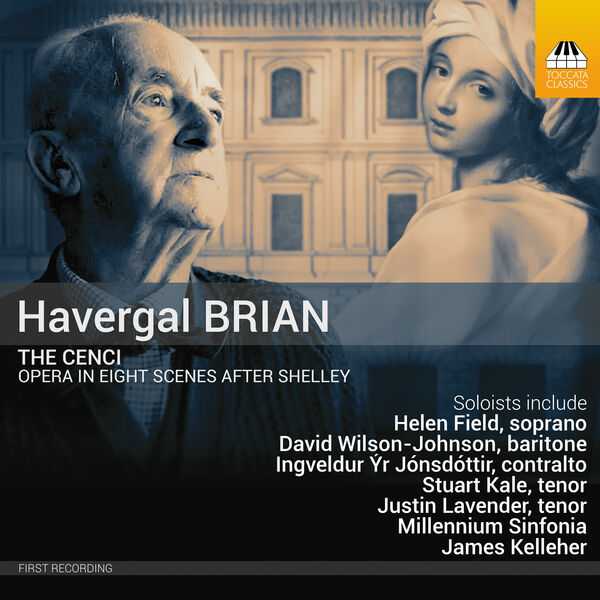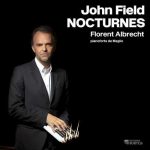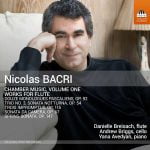

Composer: Havergal Brian
Performer: Helen Field, David Wilson-Johnson, Ingveldur Yr Jonsdóttir, Justin Lavender, Stuart Kale, Millennium Sinfonia
Conductor: James Kelleher
Number of Discs: 2
Format: FLAC (tracks)
Label: Toccata Classics
Catalogue: TOCC0094
Release: 2024
Size: 1.04 GB
Recovery: +3%
Scan: yes
The Cenci (Live)
CD 01
01. Overture
02. Scene 1: An Apartment in the Cenci Palace
03. Scene 2: A Garden of the Cenci Palace
04. Scene 3: A Magnificent Hall in the Cenci Palace
05. Scene 4: An Apartment in the Castle of Petrella
CD 02
01. Scene 5: Before the Castle of Petrella
02. Scene 6: An Apartment in Orsino’s Palace
03. Scene 7: The Hall of Justice
04. Scene 8: A Hall of the Prison
The Cenci (1951–52) is Havergal Brian’s operatic realisation of Shelley’s gruesome tale of incest and parricide in Renaissance Italy. The score calls it simply ‘Opera in Eight Scenes’, but it rarely goes in for grand tunes; instead, it is an unusual but highly effective hybrid – a music-drama focused on the intense delivery of Shelley’s text, where the declamatory style of the vocal lines and the participation of the orchestra almost as lead character make it also part vocal symphony, part ritual, with Brian’s freewheeling writing reflecting Shelley’s fascination with the struggle between good and evil.
Percy Bysshe Shelley’s 1819 blank verse play The Cenci, depicting a cruel nobleman of 16th century Rome, was too much for the Victorians with its themes of incest and parricide, and it was not staged publicly in Britain until 1922. However, Oscar Wilde, naturally enough, loved it, and its reputation steadily grew during the 20th century, with numerous productions. Havergal Brian’s 1952 operatic setting was not even the first; a version by Berthold Goldschmidt from 1949 exists. Brian’s version did not receive its premiere until 1997, and it is a live version of that production that is heard here. One wouldn’t figure the symphonically expansive Brian as a figure sympathetic to this concentrated text, but the opera works. Shelley wrote that he “avoided with great care in writing this play the introduction of what is commonly called mere poetry,” and Brian responded with a through-composed setting, Wagnerian-plus in nature, that likewise avoids lyricism and moments of repose. Brian has always been more successful with the public than with self-appointed tastemakers, and this release made classical best-seller lists in the spring of 2024. It is easy enough to see why; the cast is very strong, with soprano Helen Field in top form as Beatrice Cenci and David Wilson-Johnson as the malevolent Count. The opera is swift, with eight scenes and one act, clocking in here at just over an hour and 40 minutes, and conductor James Kelleher, leading the Millennium Sinfonia, wisely does not let up on the pressure. The vocal writing is exacting but would not be beyond the reach of a university production, and for that reason alone, the album is welcome. General listeners will find new insights here into the fascination the Italian Renaissance held for 19th century English poets.



